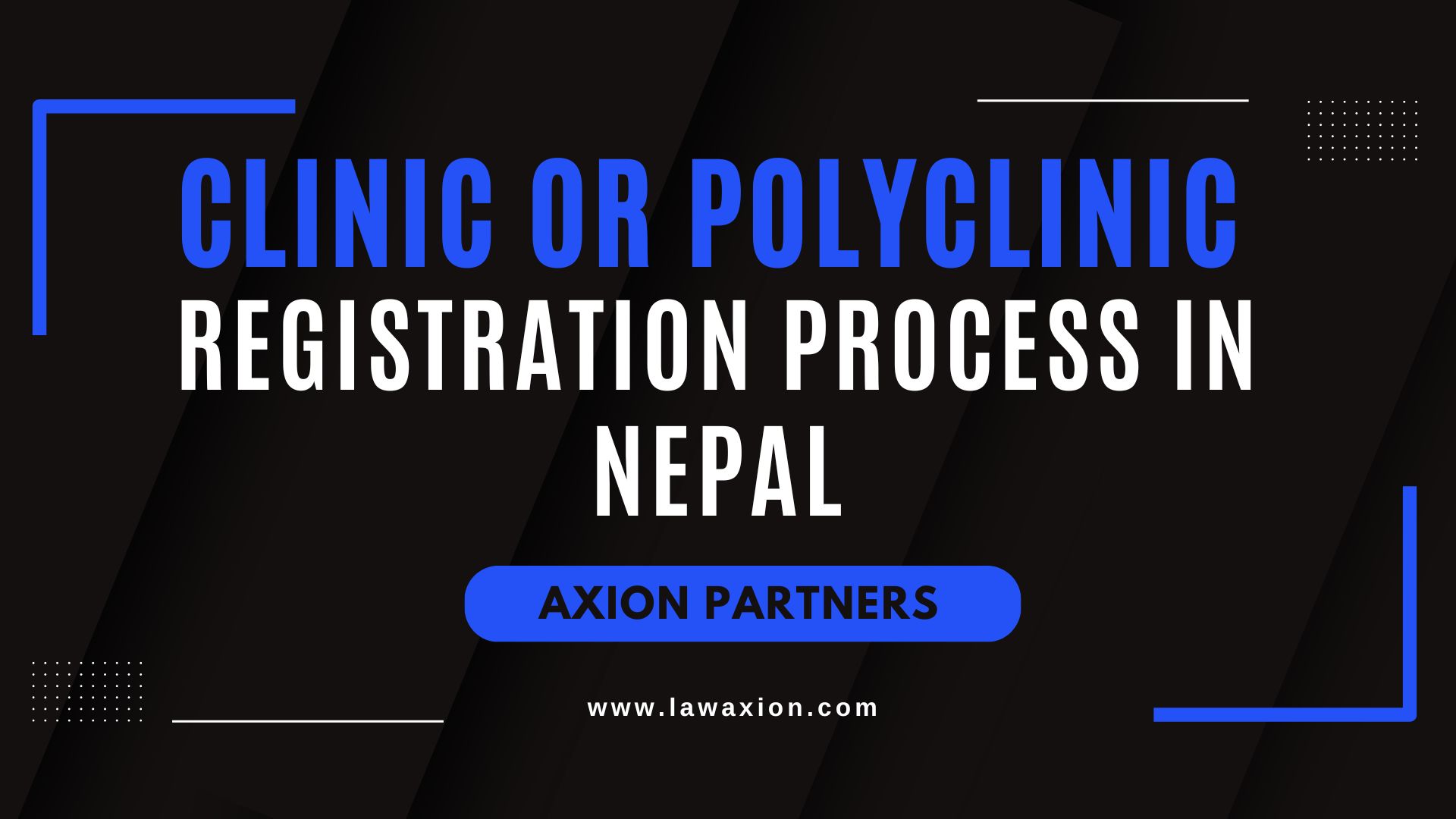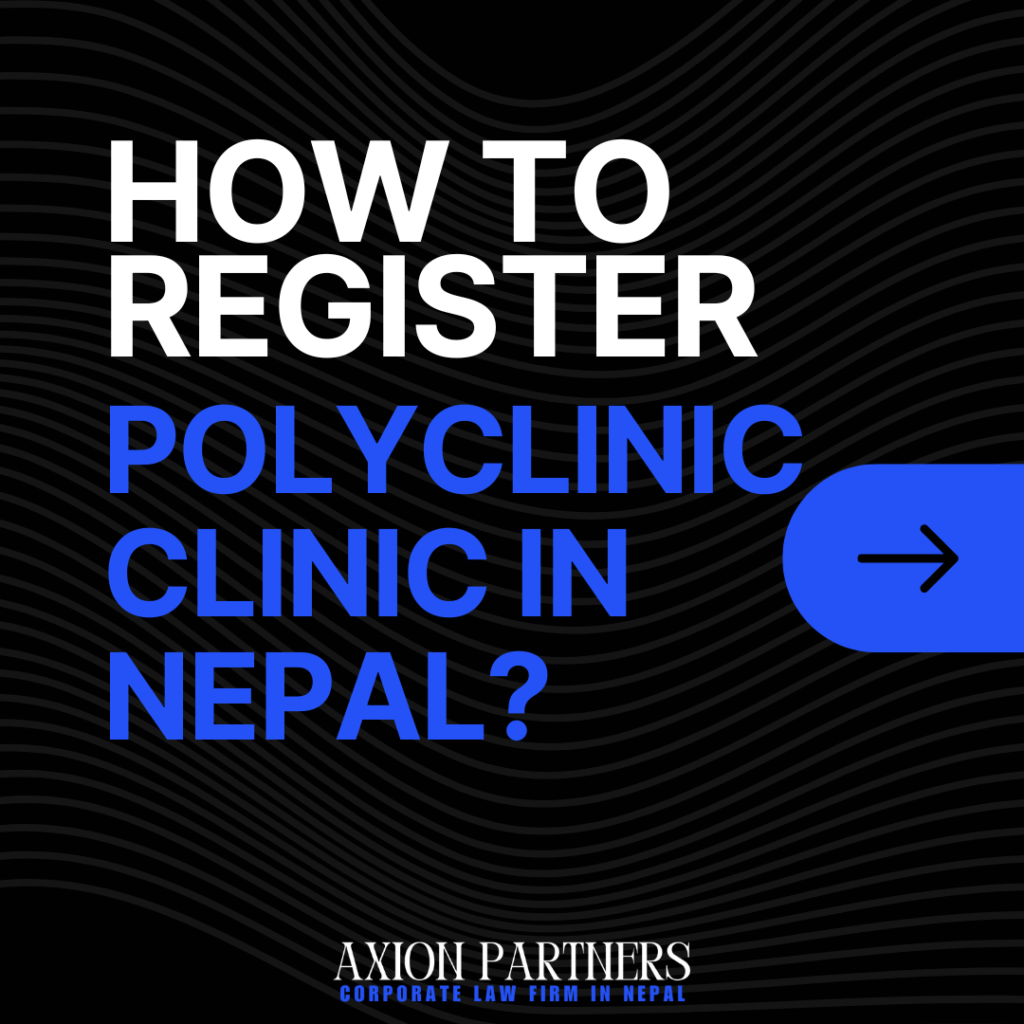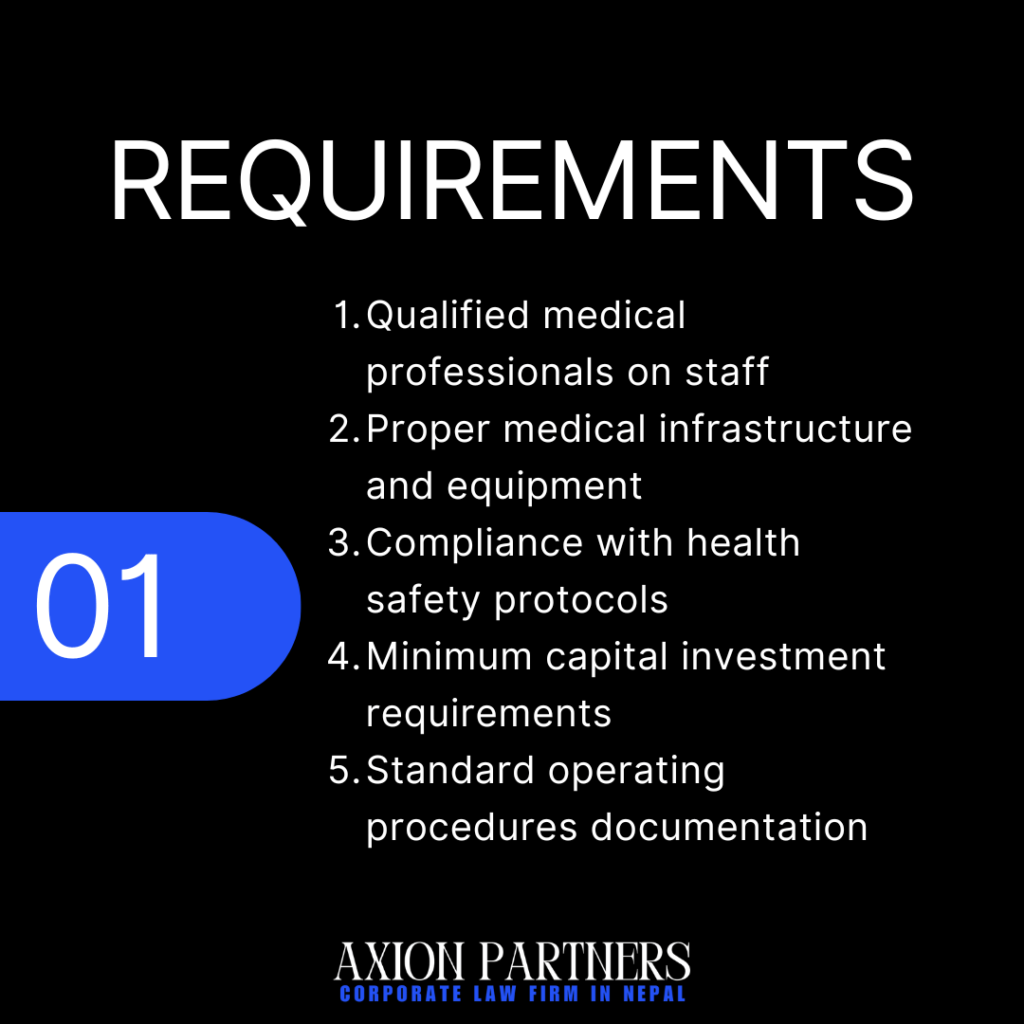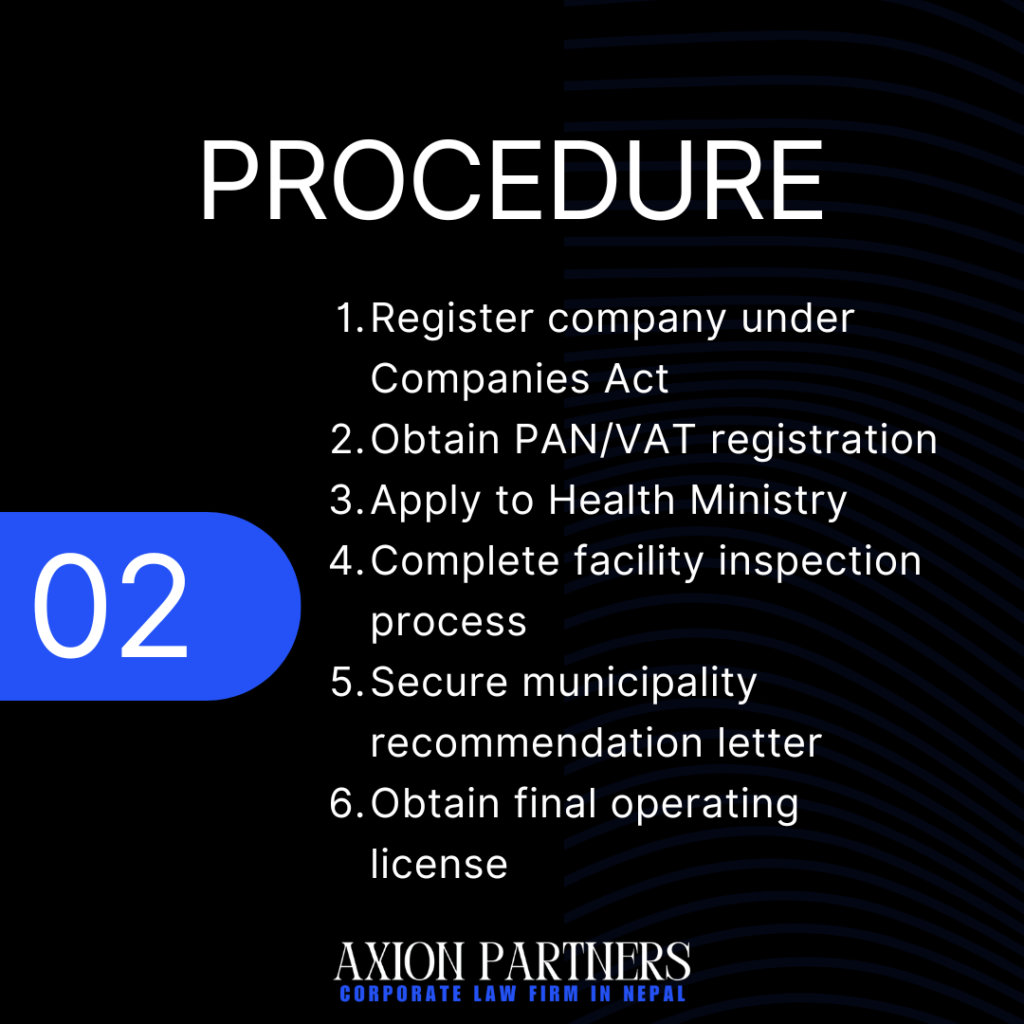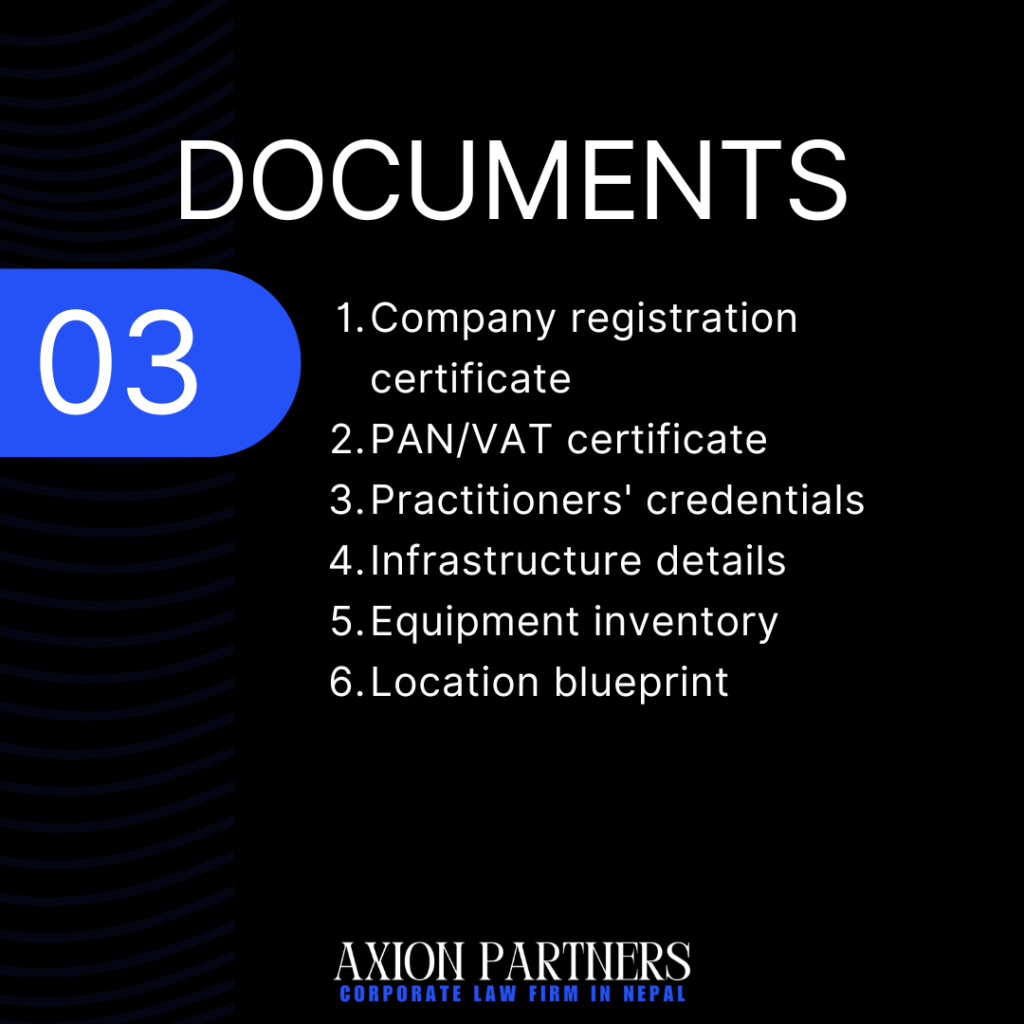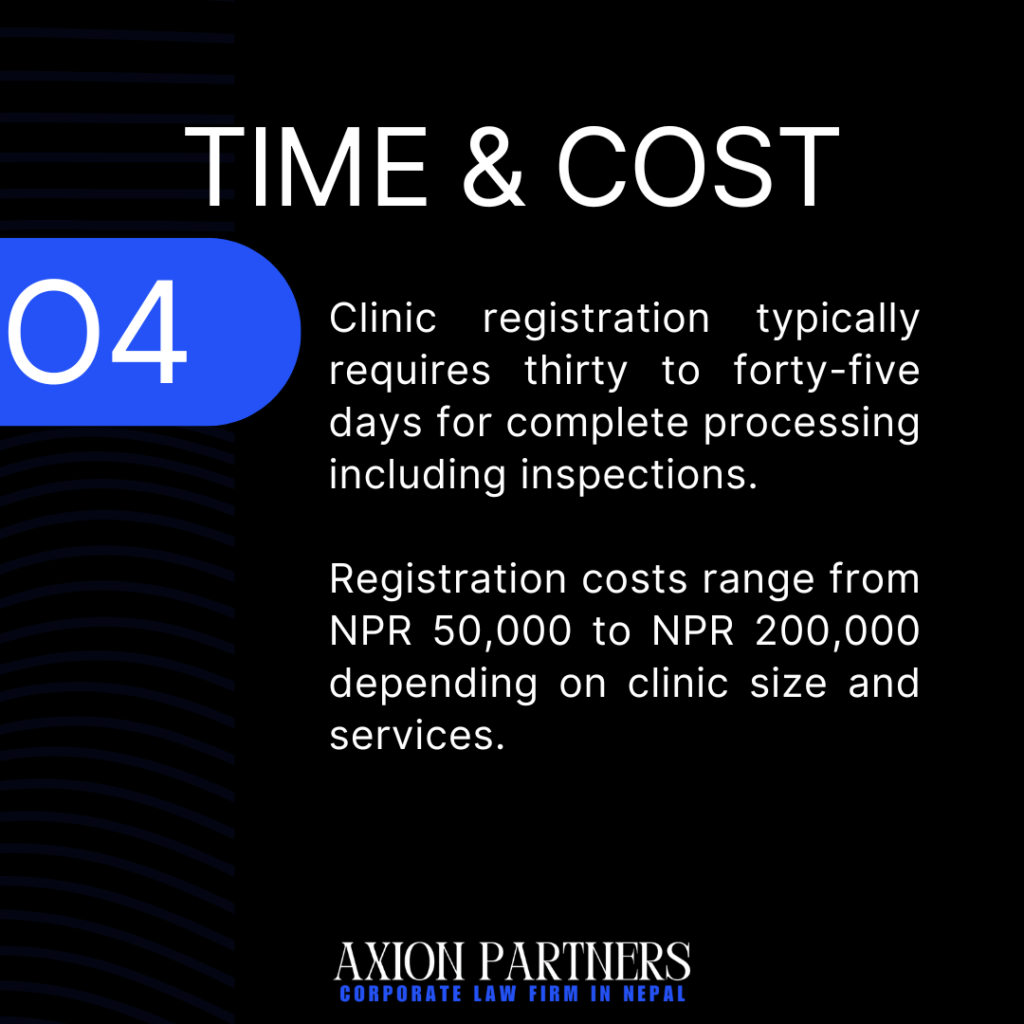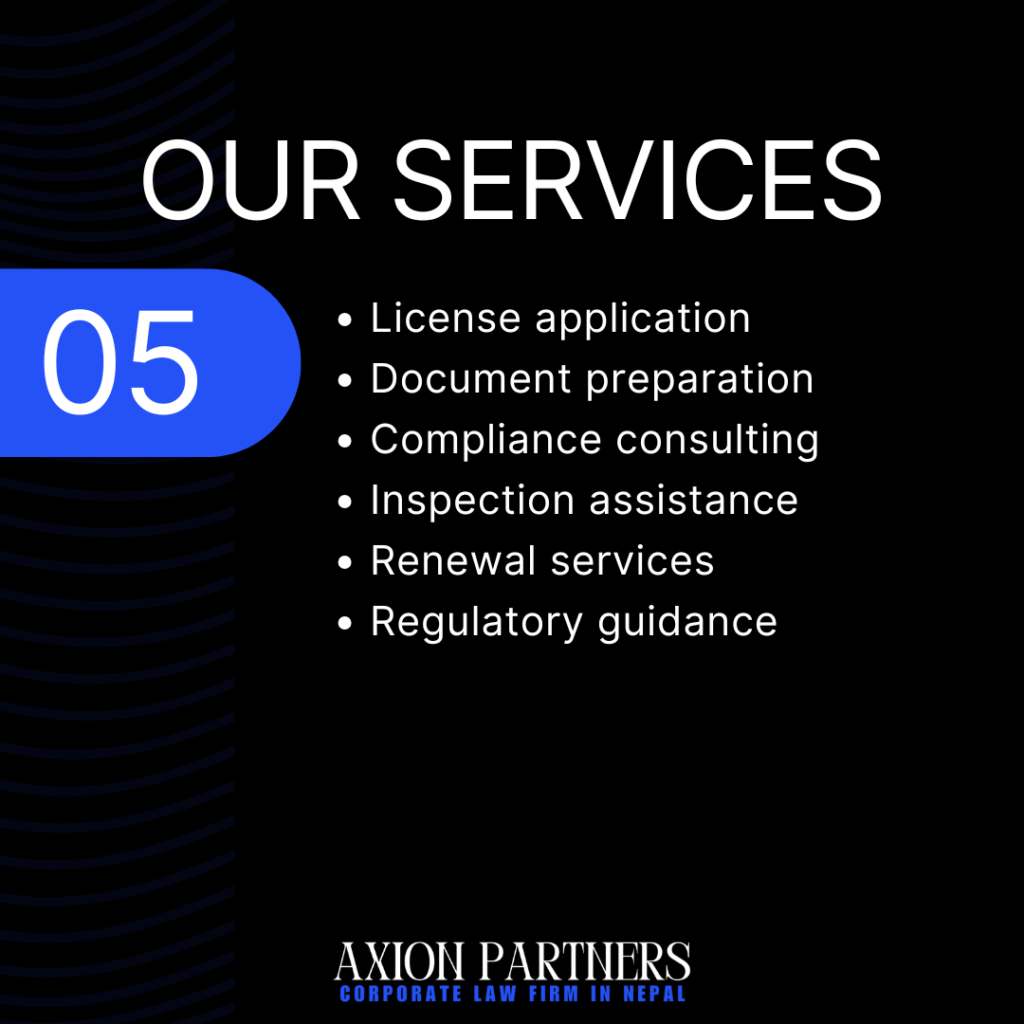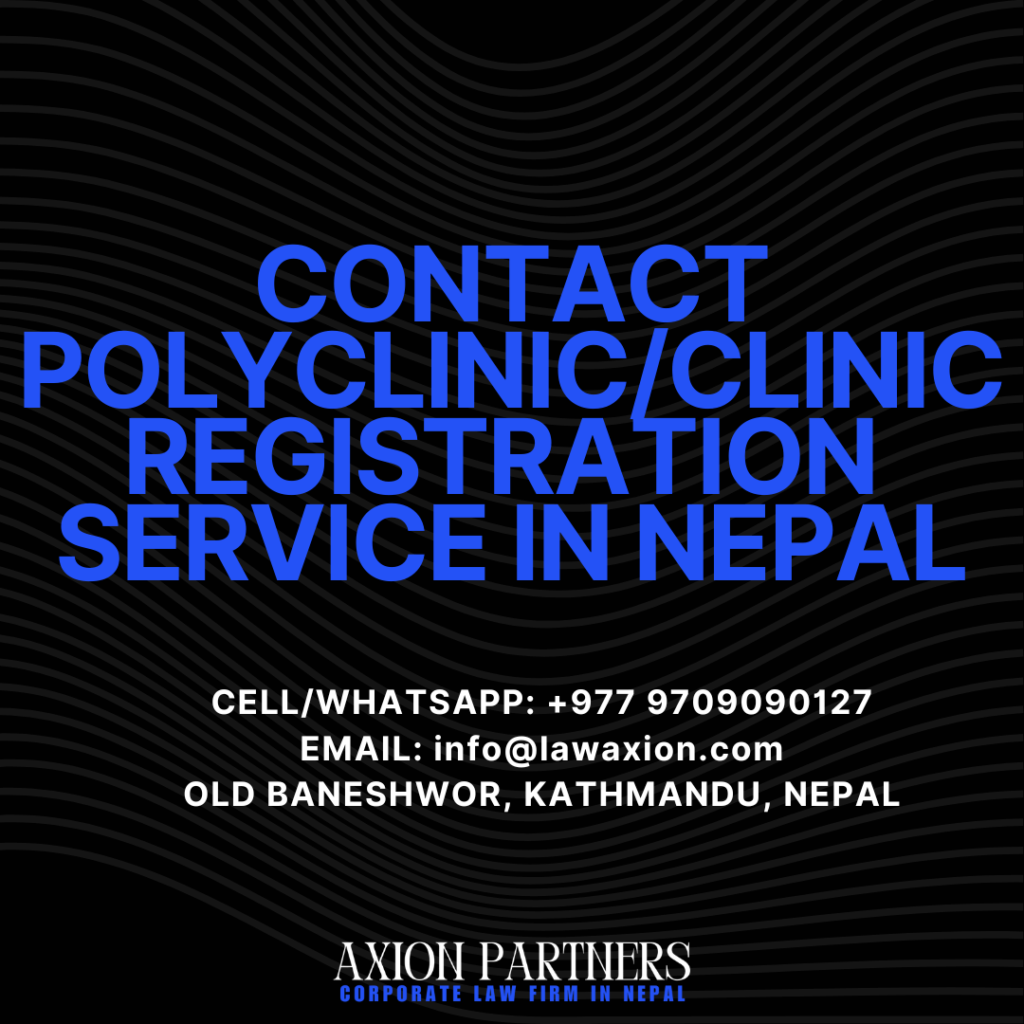Introduction to Clinic Registration Requirements Nepal
Establishing a clinic or polyclinic in Nepal requires adherence to specific legal and regulatory requirements set forth by the Ministry of Health and Population. The registration process ensures that medical facilities meet the necessary standards for providing quality healthcare services to the Nepali population. This comprehensive guide outlines the essential steps, documentation, and compliance measures required for successfully registering a clinic in Nepal.
The clinic registration process in Nepal is governed by the Public Health Service Act, 2075 (2018) and the Public Health Service Regulation, 2077 (2020). These legal frameworks provide the foundation for the establishment and operation of healthcare facilities in the country. Prospective clinic owners must familiarize themselves with these regulations to ensure full compliance throughout the registration and operational phases.
Legal Framework for Medical Clinic Registration Process
The legal basis for clinic registration in Nepal is primarily derived from the following key legislations:
- Public Health Service Act, 2075 (2018)
- Public Health Service Regulation, 2077 (2020)
- Nepal Medical Council Act, 2020
- Nepal Nursing Council Act, 2052 (1996)
These laws collectively establish the regulatory framework for healthcare service provision, including the requirements for clinic registration, staffing, equipment, and operational standards. The Ministry of Health and Population is the primary regulatory body overseeing the implementation of these laws and the clinic registration process.
Documentation Requirements for Clinic Registration Application
To initiate the clinic registration process, applicants must submit a comprehensive set of documents to the relevant authorities. The required documentation typically includes:
- Completed application form for clinic registration
- Proof of citizenship of the clinic owner(s)
- Academic and professional certificates of the clinic owner(s) and key medical staff
- Detailed business plan outlining the clinic’s services and operational strategy
- Lease agreement or property ownership documents for the clinic premises
- Building completion certificate from the local municipality
- Fire safety clearance certificate
- Environmental clearance certificate (if applicable)
- Tax clearance certificate
- Bank statement or proof of financial capacity
Ensuring all required documents are accurately prepared and submitted is crucial for a smooth registration process. Any missing or incomplete documentation may result in delays or rejection of the application.
Infrastructure Requirements for Clinical Facility Setup Nepal
The physical infrastructure of a clinic plays a vital role in ensuring patient safety and quality of care. The Ministry of Health and Population has established specific requirements for clinic facilities, including:
- Minimum floor area based on the type of services offered
- Separate waiting area for patients
- Consultation rooms with adequate privacy
- Treatment rooms equipped with necessary medical facilities
- Proper ventilation and lighting in all areas
- Clean and hygienic restroom facilities
- Proper waste management system
- Adequate water supply and sanitation facilities
- Accessibility features for differently-abled patients
Compliance with these infrastructure requirements is essential for obtaining approval during the inspection phase of the registration process.
Staff Requirements for Clinical Facility Operation Nepal
Staffing is a critical aspect of clinic operation, and the registration process includes verification of the qualifications and adequacy of medical personnel. The minimum staffing requirements typically include:
- Qualified medical doctor(s) registered with the Nepal Medical Council
- Registered nurses with valid Nepal Nursing Council licenses
- Trained support staff for administrative and auxiliary services
- Specialist doctors (if offering specialized services)
The exact staffing requirements may vary depending on the size and scope of services offered by the clinic. It is essential to maintain up-to-date records of staff qualifications and licenses for compliance purposes.
Medical Equipment Requirements for Clinic Registration Process
Clinics must be equipped with appropriate medical devices and equipment to provide safe and effective healthcare services. The basic equipment requirements may include:
- Examination tables and chairs
- Diagnostic equipment (e.g., stethoscopes, blood pressure monitors, thermometers)
- Basic laboratory equipment (if offering diagnostic services)
- Sterilization equipment
- Emergency medical supplies and equipment
- Proper storage facilities for medicines and medical supplies
The specific equipment requirements will depend on the types of medical services the clinic intends to offer. All medical equipment must comply with national and international quality standards.
Licensing Process from Health Ministry Nepal
The licensing process for clinics in Nepal involves several steps and interactions with the Ministry of Health and Population. The general procedure includes:
- Submission of the application form and required documents to the District Health Office
- Initial review of the application by the District Health Office
- Site inspection by health officials to verify compliance with infrastructure and equipment requirements
- Evaluation of staff qualifications and adequacy
- Issuance of recommendations by the District Health Office to the Ministry of Health and Population
- Final review and approval by the Ministry of Health and Population
- Issuance of the clinic registration certificate
The entire process may take several weeks to months, depending on the completeness of the application and the workload of the regulatory authorities.
Quality Standards Compliance for Clinical Facilities Nepal
Maintaining high-quality standards is crucial for the successful operation of a clinic in Nepal. The registration process includes an assessment of the clinic’s ability to meet these standards, which typically cover:
- Patient safety protocols
- Infection control measures
- Medical waste management
- Record-keeping and patient confidentiality
- Emergency response procedures
- Continuous professional development for staff
Clinics are expected to implement and maintain these quality standards throughout their operation to ensure the delivery of safe and effective healthcare services.
Time Duration for Complete Clinic Registration Process
The duration of the clinic registration process in Nepal can vary depending on several factors, including:
- Completeness and accuracy of the submitted documentation
- Compliance with infrastructure and equipment requirements
- Availability of qualified staff
- Workload of the regulatory authorities
On average, the complete registration process may take between 3 to 6 months from the initial application submission to the final issuance of the registration certificate. Applicants should plan accordingly and be prepared for potential delays in the process.
Government Fees Structure for Clinic Registration Nepal
The clinic registration process in Nepal involves various fees payable to different government agencies. The fee structure typically includes:
- Application processing fee
- Inspection fee
- Registration certificate fee
- Annual renewal fee
The exact fee amounts may vary depending on the type and size of the clinic. It is advisable to consult the latest fee schedule published by the Ministry of Health and Population for accurate information.
Professional Services Required for Registration Process
Navigating the clinic registration process in Nepal often requires the assistance of professional services. These may include:
- Legal consultants specializing in healthcare regulations
- Architectural and engineering services for facility design and compliance
- Accounting and financial advisory services
- Human resource consultants for staff recruitment and management
Engaging professional services can help ensure compliance with all regulatory requirements and streamline the registration process.
Read More
- Department of Industry Approval Process in Nepal
- Department of National Personnel Records (Civil) Approval in Nepal
- Family Lawyer in Nepal
Post-Registration Compliance Requirements for Clinics Nepal
After obtaining the registration certificate, clinics must continue to comply with various regulatory requirements, including:
- Annual renewal of the registration certificate
- Regular inspections by health authorities
- Maintenance of accurate patient records and medical documentation
- Adherence to prescribed quality standards and protocols
- Timely reporting of notifiable diseases and health events
- Continuous professional development for medical staff
Failure to comply with these post-registration requirements may result in penalties or revocation of the clinic’s registration.
Waste Management Requirements for Clinical Facilities Nepal
Proper medical waste management is a critical aspect of clinic operation in Nepal. The registration process includes an assessment of the clinic’s waste management plan, which should address:
- Segregation of different types of medical waste
- Safe storage and handling of hazardous waste
- Proper disposal methods for various waste categories
- Training of staff in waste management procedures
- Compliance with national environmental regulations
Clinics must maintain proper waste management practices throughout their operation to ensure environmental safety and public health protection.
Emergency Protocol Requirements for Clinic Operation Nepal
As part of the registration process, clinics must demonstrate their preparedness for handling medical emergencies. This includes:
- Development of emergency response protocols
- Availability of essential emergency equipment and supplies
- Training of staff in emergency procedures
- Establishment of referral arrangements with higher-level healthcare facilities
- Regular emergency drills and simulations
The emergency protocols should be regularly reviewed and updated to ensure the clinic’s readiness to handle various medical emergencies.
Record Keeping Requirements for Clinical Facilities Nepal
Proper record keeping is essential for clinic operation and compliance with regulatory requirements. The registration process includes an evaluation of the clinic’s record-keeping systems, which should cover:
- Patient medical records and treatment histories
- Staff records, including qualifications and training
- Equipment maintenance and calibration logs
- Inventory records for medicines and medical supplies
- Financial records and billing information
Clinics must implement secure and efficient record-keeping systems to ensure patient confidentiality and facilitate regulatory compliance.
FAQs
What qualifications are required for clinic owners?
Clinic owners in Nepal are typically required to have relevant medical qualifications and be registered with the Nepal Medical Council. Non-medical professionals may own clinics but must employ qualified medical practitioners to oversee clinical operations.
How long does the registration process take?
The clinic registration process in Nepal generally takes between 3 to 6 months, depending on various factors such as application completeness and regulatory authority workload.
What is the minimum space requirement?
The minimum space requirement for clinics in Nepal varies based on the services offered. General clinics typically require a minimum of 1000 square feet, while specialized clinics may need more space to accommodate specific equipment and facilities.
Can foreigners open clinics in Nepal?
Foreigners can open clinics in Nepal, but they must comply with additional regulations, including obtaining necessary work permits and partnering with Nepali nationals. Foreign investment in the healthcare sector is subject to specific guidelines set by the Nepal Investment Board.
What medical equipment is mandatory?
Mandatory medical equipment varies depending on the clinic’s specialization but generally includes basic diagnostic tools, examination tables, sterilization equipment, and emergency medical supplies. Specialized clinics may require additional equipment specific to their field of practice.
How many staff members are required?
The minimum staff requirement typically includes at least one qualified doctor, registered nurses, and support staff. The exact number depends on the clinic’s size and services offered. Specialized clinics may require additional specialist doctors and technicians.
What are the renewal requirements?
Clinic registrations in Nepal typically require annual renewal. The renewal process involves submitting updated documentation, paying renewal fees, and undergoing periodic inspections to ensure continued compliance with regulatory standards.
Resources: Cleary Gottlieb News, Orrick Insights, Katten Muchin Rosenman
Table of Contents
- 0.1 Introduction to Clinic Registration Requirements Nepal
- 0.2 Legal Framework for Medical Clinic Registration Process
- 0.3 Documentation Requirements for Clinic Registration Application
- 0.4 Infrastructure Requirements for Clinical Facility Setup Nepal
- 0.5 Staff Requirements for Clinical Facility Operation Nepal
- 0.6 Medical Equipment Requirements for Clinic Registration Process
- 0.7 Licensing Process from Health Ministry Nepal
- 0.8 Quality Standards Compliance for Clinical Facilities Nepal
- 0.9 Time Duration for Complete Clinic Registration Process
- 0.10 Government Fees Structure for Clinic Registration Nepal
- 0.11 Professional Services Required for Registration Process
- 0.12 Post-Registration Compliance Requirements for Clinics Nepal
- 0.13 Waste Management Requirements for Clinical Facilities Nepal
- 0.14 Emergency Protocol Requirements for Clinic Operation Nepal
- 0.15 Record Keeping Requirements for Clinical Facilities Nepal
- 1 FAQs
- 1.1 What qualifications are required for clinic owners?
- 1.2 How long does the registration process take?
- 1.3 What is the minimum space requirement?
- 1.4 Can foreigners open clinics in Nepal?
- 1.5 What medical equipment is mandatory?
- 1.6 How many staff members are required?
- 1.7 What are the renewal requirements?

